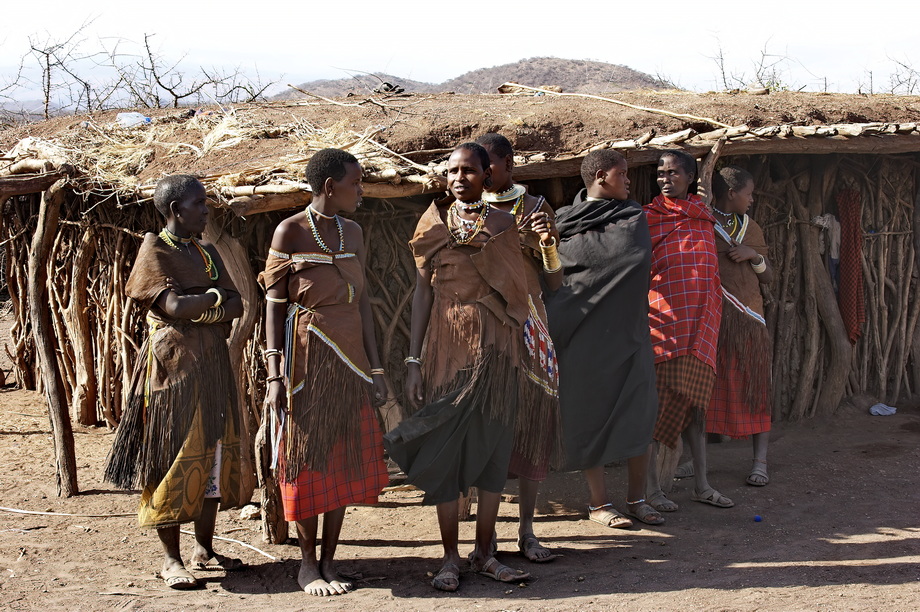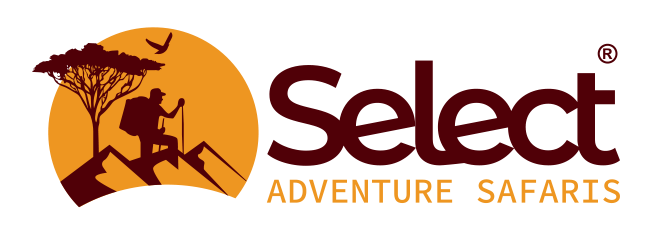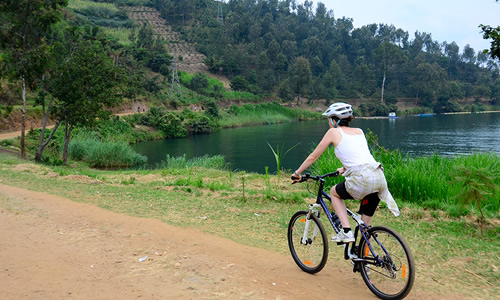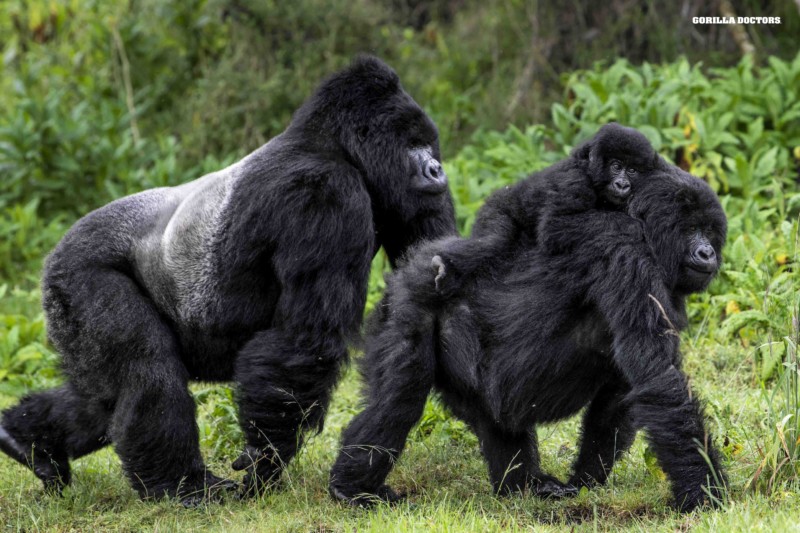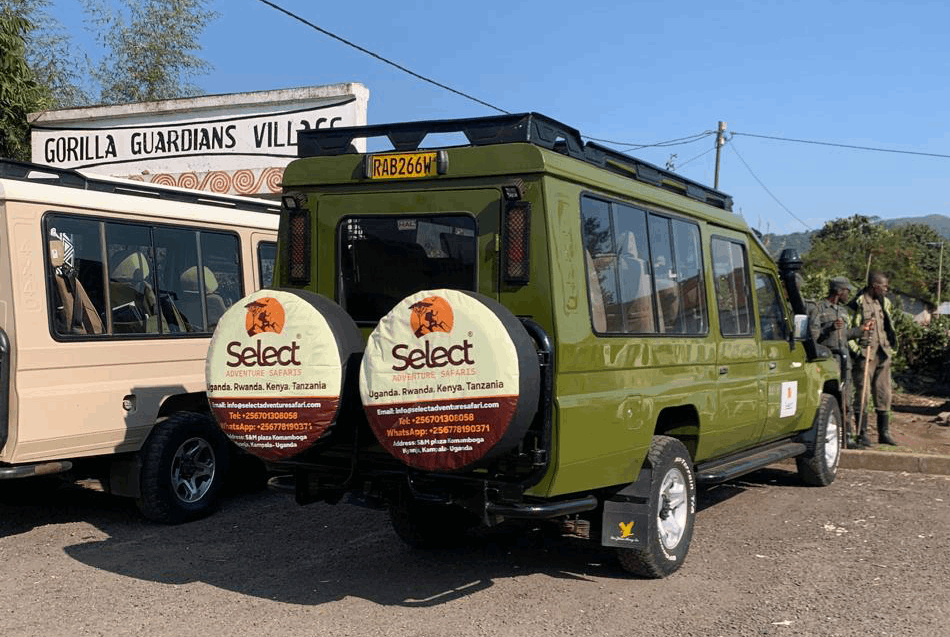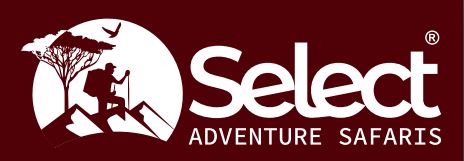The Dogota tribe of Tanzania
The Datoga tribe of Tanzania is a semi-nomadic, pastoralist group that inhabits the Manyara region in the country’s north.
The Datoga are another Nilotic ethnic group who inhabit Tanzania’s semiarid regions and the area around Lake Eyasi. Additionally, they reside near Mount Hanang, Tanzania’s fourth-highest mountain at 3,420 meters, which is situated in the northern region of the nation.
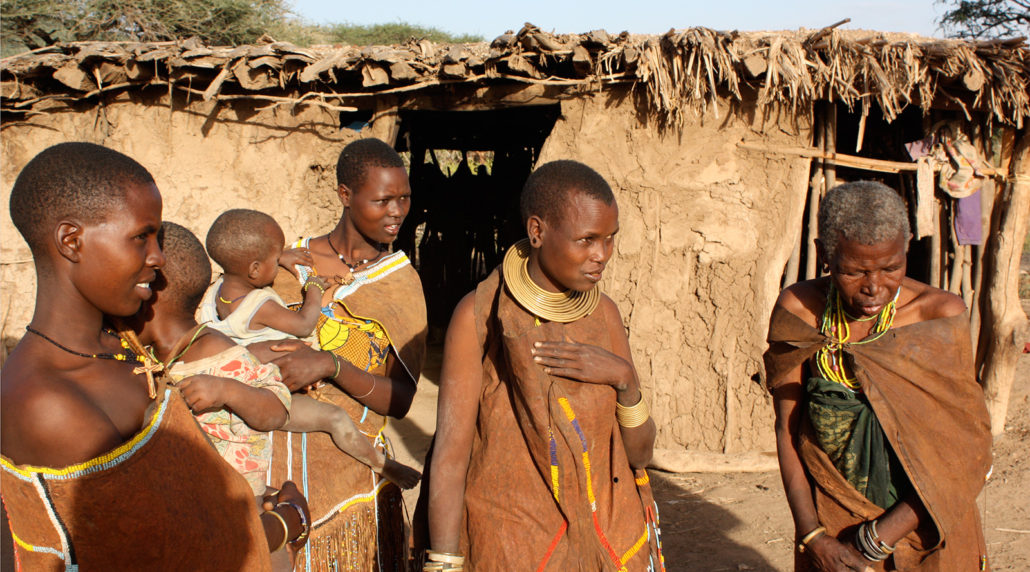
Several tribes in Tanzania, including the Maasai, who are renowned for their distinctive culture, and the Datoga, who also claim to be the oldest tribe in Tanzania, have made this claim.
Datoga are also fighters, and the young men slay the adversary of the people to demonstrate their mettle. Wild animals and non-Datoga people are considered to be the “enemy of the people” by the Datoga.
A small portion of the Datoga are illiterate, and other Tanzanians view the Datoga as being backward. The Datoga have not only resisted progress but have also low standards for hygiene.
Other names for the Datoga include Barabaig and Mangati, which is Maasai for “enemy.” The pastoralist Barabaig people inhabit the northern highlands near Mount Hanang.
Histroy of the Datoga tribe
The Datoga are thought to be highland southern nilotes who arrived more than three thousand years ago from western Ethiopia or southern Sudan. They divided into two groups before migrating to Kenya and Tanzania. One group settled in Kenya, and the Kalenjin people are a part of this group.
Tanzania was the destination of the second migration group, where the Datoga’s forefathers had already made their way. Since they are both southern nilotes, the Kalenjin and Datoga have certain commonalities today.
The Maasai drove out the Datoga in the 18th century, and they relocated to regions near Lake Manyara and Lake Eyasi. After Tanzania gained its independence, they too relocated to the area surrounding Mount Oldeani.
After Magola was declared “Ujamaa,” several other tribes eventually moved in close proximity, forcing the Datoga to relocate to the banks of Lake Eyasi, where they now reside.
Traditions and culture of the Datoga
Markings on faces of the Datoga which are around the eyes are among the unique identifications of the Datoga.
The Datoga also have earlobes which are stretched and they also have markings which can be circular in shape. These markings are deep in the skin and they are a form of identifying someone from a family.
During the colonial rule, the markings on the faces of the Datoga people helped to avoid attention from the Germans who did not like people with scarred bodies. The markings can also be on the shoulders and on the face they are like masks.
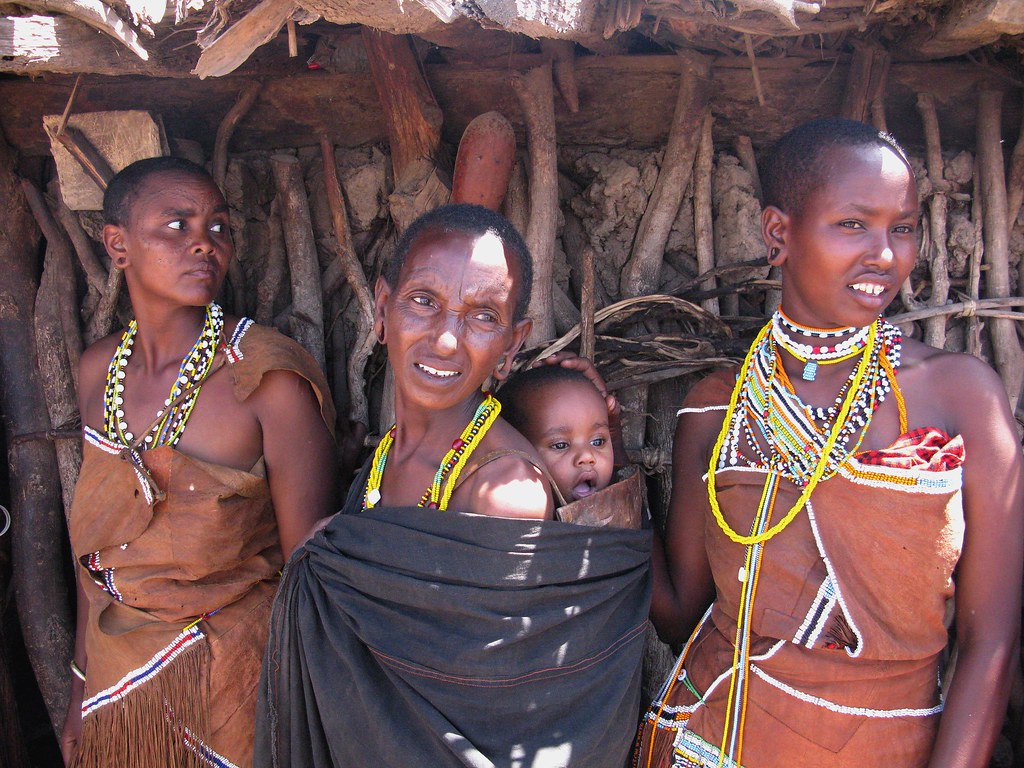
Ways of Dressing for the Dagota tribe
The Datoga wear clothing that is reminiscent of nearby tribes like the Maasai. The Datoga people wear in hues that are representative of the environment they live in.
The married women of the Datoga tribe wear clothing with thin leather strips, along with traditional skins and jewelry. Iron, copper, or beaded jewelry is used to create a variety of accessories, including necklaces, bracelets, and earrings.
The economic structure
The Datoga raise cattle, goats, sheep, and donkeys for food. They consume meat, milk, and blood. In addition to their livestock, they also consume vegetables like maize, beans, and millet.
Since the Datoga are farmers and lead a semi-nomadic lifestyle, onions are one of the plants they grow. On ritual occasions like funerals, the Datoga males also like drinking honey beer.
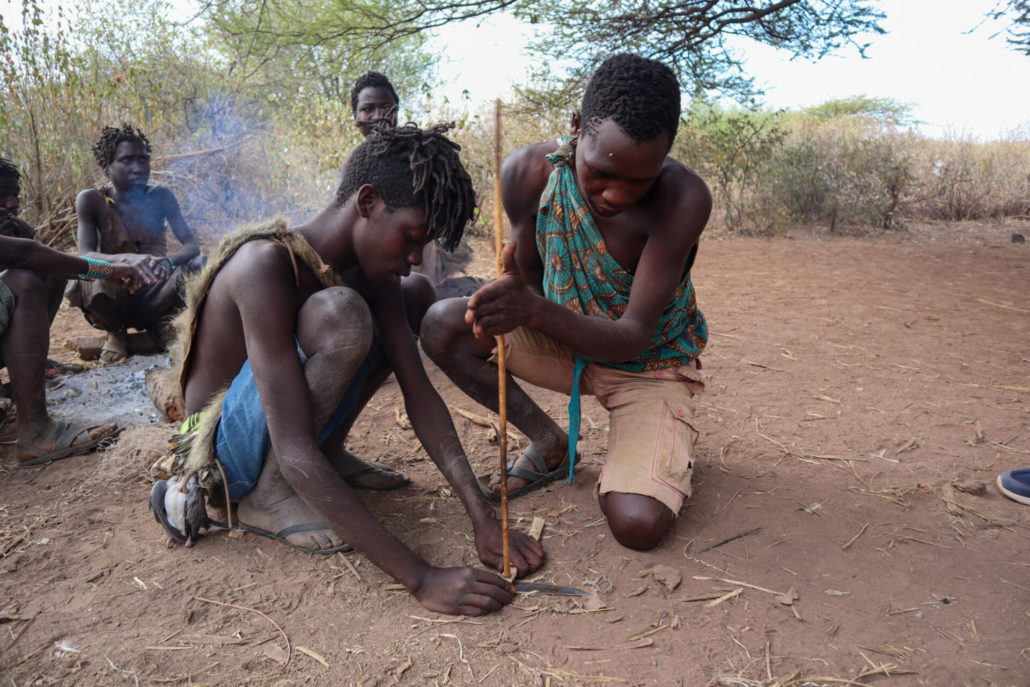
The social structure
A council of elders, who have the authority to levy fines and pronounce curses, makes decisions for the Datoga culture, who practice polygamy and marry outside of their clans. They likewise share certain traits with the Maasai people. The Datoga’s wealthier men marry more wives and have multiple residences.
Bajuta, Gisamjanga, Barabayiiga, Tsimajeega, Rootigaanga, Buraadiiga, and Bianjiida are among the seven Datoga tribes.
Illegitimate offspring or children born outside of marriage are regarded as clanless among the Datoga, and the Datoga also have a high death rate. Children born outside of marriage are seen as the mother’s father’s property as well as being weak and disadvantageous.
While on a safari through Tanzania, visiting the villages of the Datoga people is a singular experience that entails interacting with the locals and learning about their way of life and culture.
